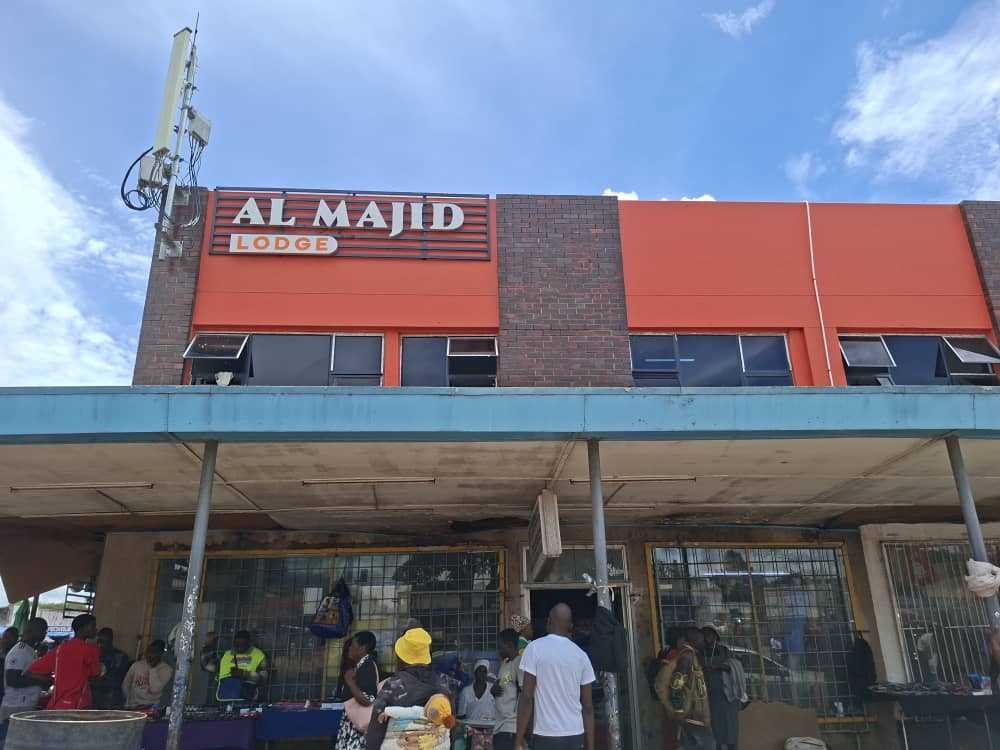
Zim Now Writer
While Harare’s waste piles grow higher each week, an opaque multimillion-dollar contract has quietly shifted the burden of the city's garbage not onto trucks, but onto the backs of ordinary residents.
At the center of the storm is Geo Pomona Waste Management, a firm controversially handed control of Harare’s entire waste system under a deal that will cost the city at least US$162 million in five years. And it’s the ratepayers who will foot the bill.
The latest version of the deal, signed on November 25, 2024, involved the Ministry of Local Government, the City of Harare, and Geo Pomona Waste Management. It effectively gives the company the monopoly to manage Harare’s waste cleaning, collecting, and disposing of garbage. But residents never had a say.
Despite initial assurances that central government would cover the costs, a key clause in the agreement reveals the truth: the city is responsible for collecting and transferring funds to the government, which then pays Geo Pomona. In practice, residents pay more while receiving less. Each month, Harare must remit about US$2.7 million, even as many suburbs go weeks without garbage collection.
Geo Pomona is not new to controversy. Its original incarnation Geogenix BV, a Netherlands-registered company fronted by Albanian businessman Mirel Mertiri was linked to scandalous waste-to-energy projects in Albania. Mertiri has been implicated in multiple corruption investigations in his home country. In Zimbabwe, Geo Pomona is led by Dilesh Nguwaya, a businessman known more for his proximity to power than public service delivery.
Related Stories
The company’s local deal began in 2022 when it was granted a 30-year lease on Harare’s main dumpsite for free. In return, the city was required to pay $40 per tonne of waste delivered to the site an arrangement that could have cost over $300 million in the long run. That deal was widely condemned and was supposed to be scrapped. Instead, it was rebranded, re-signed, and repackaged, but the core beneficiary Geo Pomona remained unchanged.
Perhaps the most puzzling twist has come from within Harare’s own leadership. Mayor Jacob Mafume, who once rejected the deal as exploitative, is now its most prominent supporter. Some council insiders allege he is now aligned with the ruling ZANU PF, with reports (denied by Mafume) that he receives monthly incentives of up to US$200,000 to ensure the project’s continuation. The council’s approval came just months after the Cabinet ordered compliance, raising questions about whether local government still has any real autonomy.
Geo Pomona officially began operations in February 2025, months after the contract kicked in. Yet, the company admitted it had no fleet at the time and was still “awaiting delivery” of vehicles. A brief clean-up operation followed in some western suburbs—largely publicized on social media—but soon fizzled out. Today, areas like Mbare, Dzivaresekwa, and Glen View remain buried under uncollected refuse. “We were told the city would be clean in weeks,” said Reuben Akili of the Combined Harare Residents Association. “Instead, nothing has changed. We’re paying millions to be surrounded by waste.” His views are echoed by Precious Shumba of the Harare Residents Trust: “This deal was forced through by politicians for their own enrichment. It’s a textbook example of elite capture.”
One of the most damning aspects of the Geo Pomona arrangement is how it bypassed public tender processes. No competitive bidding was held, no feasibility studies were released, and residents were never consulted.



















Leave Comments